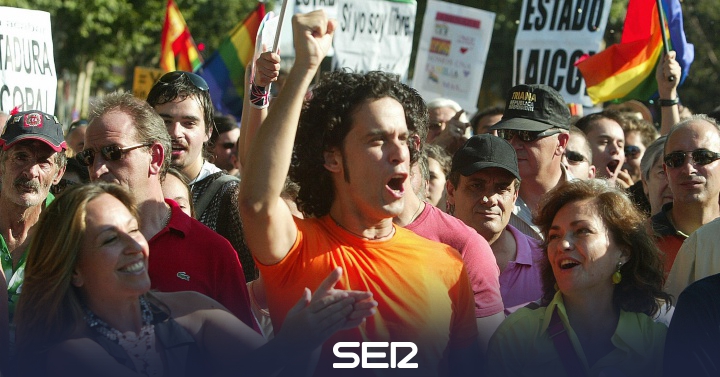Of all employed doctors who work outside the hospital, such as doctors in mental health, nursing home, youth, GP and disabled care, 44% are afraid of becoming infected with COVID-19 through their work. In addition, 53% are afraid of infecting their private environment and 40% of infecting patients and clients. This is evident from a poll by the National Association of Doctors in Employment (LAD).
One of the causes of this fear can be attributed to the availability or not of personal protective equipment (PPE). 36% of out-of-hospital physicians do not trust that there is sufficient PPE available in their facility to do their job safely during this second wave. In addition, four in ten doctors feel that their institution is insufficiently prepared for the second wave.
Medical final responsibility
The LAD points out that doctors outside hospitals are still insufficiently involved in COVID policy, while doctors have final medical responsibility. Doctors must therefore have a determining voice when it comes to the use of protective equipment, the handling of visitors and other preventive measures within their institution. The poll shows that only 35% have actually been involved in the preparations for the second wave. LAD chairman Suzanne Booij is concerned about this. “Previous research we did during the first COVID spike shows that doctors’ anxiety and emotional exhaustion are closely related to the degree of commitment of doctors to decisions and policy in their institution. In other words: if you are properly involved, you will be more persistent and worry less. ”
Give doctors more control
In general, doctors in hospitals have been very well involved from the start of the COVID-19 outbreak or have even been put in a directing role; this is much less the case with doctors outside hospitals. That’s why the LAD has done this second poll of physicians outside hospitals. This clearly shows that within their institution they are little involved in the preparations for the second wave. Booij: “The less control, the greater the fear and emotional exhaustion.
The poll shows that approximately 30% of the specialists in geriatric medicine, physicians for the mentally handicapped and the physicians Society + Health did not recover sufficiently from the first wave. We therefore call on the knowledge and skills of these doctors to be used and to give them more control over their work and policy within the institution. That is well arranged in hospitals, which is why we have been arguing for years to organize this properly in other institutions as well. ”
Source: LAD
–


